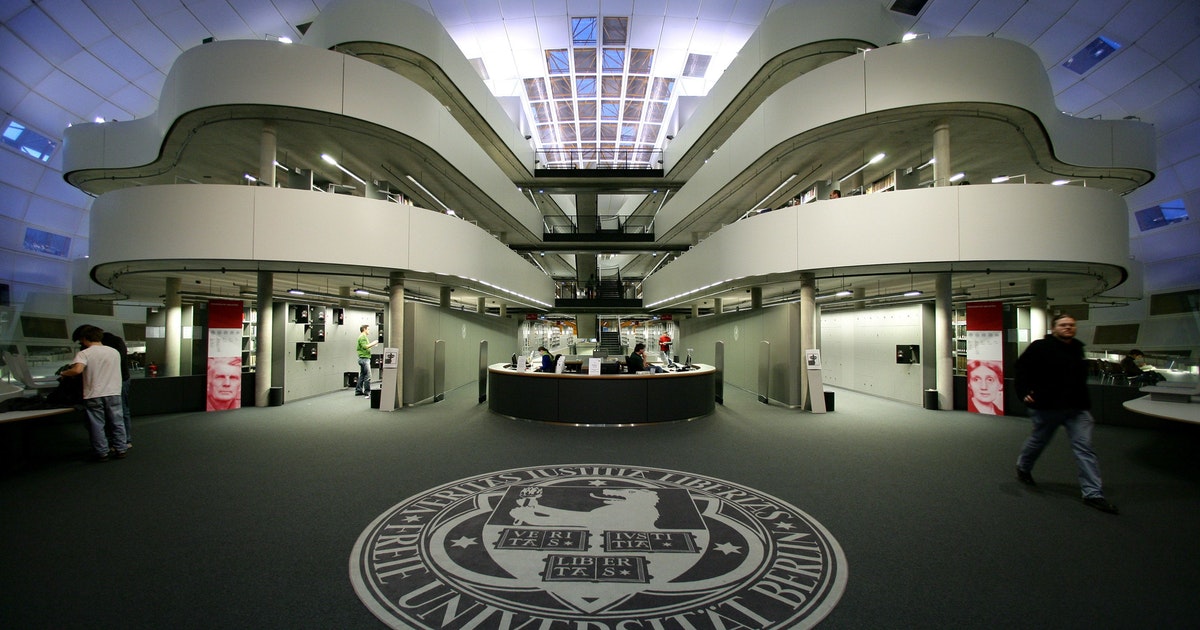Berlin – On Thursday evening, after a long debate, the Red, Red, and Green Amendment to the University of Berlin Act was passed. The innovation is highly controversial. It is also about the significant problem of temporary jobs at the middle academic level, working conditions of which are frequently criticized by GEW, among others. The Red-Red-Green Alliance wants to significantly reduce this and replace it in favor of contracts open to academic staff at Berlin universities.
During doctoral studies, but also afterwards, young postdoctoral researchers and students sometimes work under harsh conditions, to which those affected also respond under the hashtag #IchbinHanna Science. This was in response to this deleted video Federal Ministry of Education, where the time limit is presented as an advantage.
Half a job, but a full time job
However, the reality is often that PhD students and postdocs go from half-position to half-position, but are still practically working full-time and have to accept a highly uncertain life plan. Those who do not reach one of the coveted professorships but few within about six years can usually finish their college life. This situation is supposed to end with the Berlin law, which the coalition parties have described in their speeches in the House of Representatives several times as a central achievement of the change in the law.
The law also addresses the democratic constitution of universities and the possibility of part-time study. A more flexible and self-limiting study should also be made available.
You also worry about the independence of universities
The law passed is not sufficient for the General Student Committees (ASTA) in Berlin. in a Opinion At the Landes-Asten Conference (LAK) it was criticized as inadequate, among other things, with regard to the democratization of universities. In some cases, it even creates conditions that are less democratic.
For the university administration, the changes go very far. All Berlin university presidents strongly reject the law. Terminating a large group of postdocs in the long term will also result in a loss of quality and deadlock in staff, according to university management outside Berlin, which is concerned about the decision.
Criticisms from the university administration and CDU
Sabine Kunst, President of the Humboldt University of Berlin and President of the State Conference of Rectors and Rectors of Berlin Universities, stressed that she did not want to oppose efforts to equality and part-time studies, and said in one to interview On the subject: “We are actually interested in maintaining and improving the working capacity of the University of Berlin scene and being able to continue playing at the international level for football.”
There was also sharp criticism from the CDU: the party’s research policy spokesman, Adrien Grass, spoke of a cane that universities would throw between their legs during the debate in the House of Representatives. Grass added that the over-regulation of universities and the general extension of the time limit were jeopardizing Berlin’s competitiveness as a scientific location.

“Alcohol buff. Troublemaker. Introvert. Student. Social media lover. Web ninja. Bacon fan. Reader.”







More Stories
This is how our brain chooses what information it will remember in the long term
Up to 100 pilot whales stranded in Western Australia – Science
Huge radiation explosion from a magnetar – forschung.de